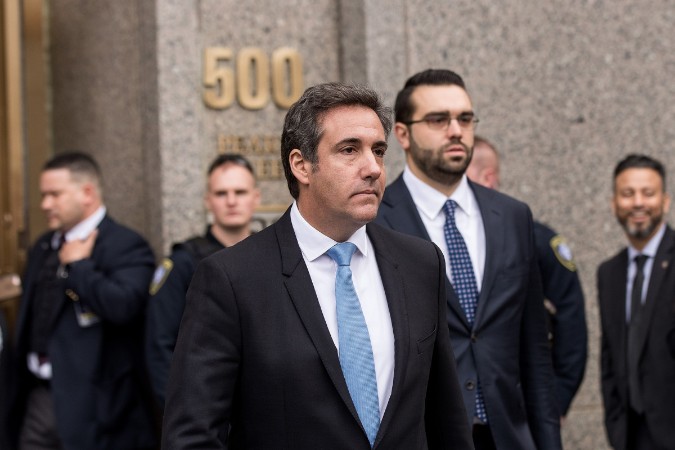JPMorgan CEO, Jamie Dimon has returned to his most critical remarks about Bitcoin, called “fraud” cryptocurrency (Cryptocurrency Is Scam), and said he had “no interest,” he told Bloomberg on Sunday, August 5.
On Saturday Dimon spoke at the 25th annual summer festival, a gathering at the Aspen Institute, including cryptocurrency topics among the general remarks he made regarding the US economic outlook.
His thoughts were quickly picked up by the majority of the press and online by key economic sources, notably Nouriel Roubini, who also became known this year owing to his critical approach towards Bitcoin.
As per Bloomberg, “Dimon suggested that the government get into action to close cryptocurrency owing to ineffectiveness to control them.”
“I would not put it in the category of important things in the world, and I will not talk about Bitcoin henceforth,” he said in October last year.
In January Dimon kept his assurance and conveyed to Cointelegraph privately, that he couldn’t answer how he thinks about the movement of the market with his previous comments on fraud bitcoin. He added, however, that he was not doubtful about Cryptocurrency Is Scam.
In a recent interview published in the Harvard Business Review July-August issue, Dimon again declined to comment on crypto directly, repeating, “I probably should not say more about cryptocurrency”. In the same discussion, Dimon also made a spot by calling blockchain a real technology, and Cryptocurrency Is Scam not a practical technology. The banking giant will use the blockchain in test mode, which is for a number of things.
Since then, there have been conflicting signals from other sources of JPMorgan, The company’s co-chairman, Daniel Pinto told CNBC in May that cryptocurrencies are real, but not in their current form. He stated that executives have watched in space at a time when banking giant Goldman Sachs revealed that it is working on a proposal on Bitcoin futures.
Jamie Dimon, the CEO of JPMorgan Chase, has called cryptocurrency a “scam” and “worthless.” He has also said that he believes cryptocurrency is a threat to the financial system.
Dimon’s comments are not the first time that a major financial figure has expressed skepticism about cryptocurrency. In 2017, Warren Buffett called bitcoin “rat poison squared.” And in 2018, Bill Gates said that he would not invest in Bitcoin because it is “a very inefficient way to move money.”
There are a number of reasons why people might view cryptocurrency as a scam.
For one, it is a very volatile asset, meaning that its price can fluctuate wildly.
This makes it a risky investment,
and it is possible to lose a lot of money if the price of cryptocurrency goes down.
Another reason why people might view cryptocurrency as a scam is that it is by any government or central bank.
This means that there is no guarantee of its value,
and it is possible for the entire cryptocurrency market to collapse.
Finally, some people believe that cryptocurrency is an illegal activity, such as money laundering and drug trafficking. This association with crime can make people wary of cryptocurrency.
Despite the risks, there are also a number of people who believe that cryptocurrency is a legitimate investment. They argue that cryptocurrency has the potential to revolutionize the way we think about money. For example, cryptocurrency could be make payments more secure and efficient.
Ultimately, whether or not cryptocurrency is a scam is a matter of opinion. There are valid arguments to be made on both sides of the issue. However, it is important to be aware of the risks involved before investing in cryptocurrency.
Here are some tips for avoiding cryptocurrency scams:
- Only invest what you can afford to lose.
- Do your research before investing in any cryptocurrency.
- Be wary of promises of easy money.
- Never give out your private keys to anyone.
- Only use reputable cryptocurrency exchanges.
If you think you have been the victim of a cryptocurrency scam, you should report it to the authorities. You can also report it to the cryptocurrency exchange where you lost your money.




